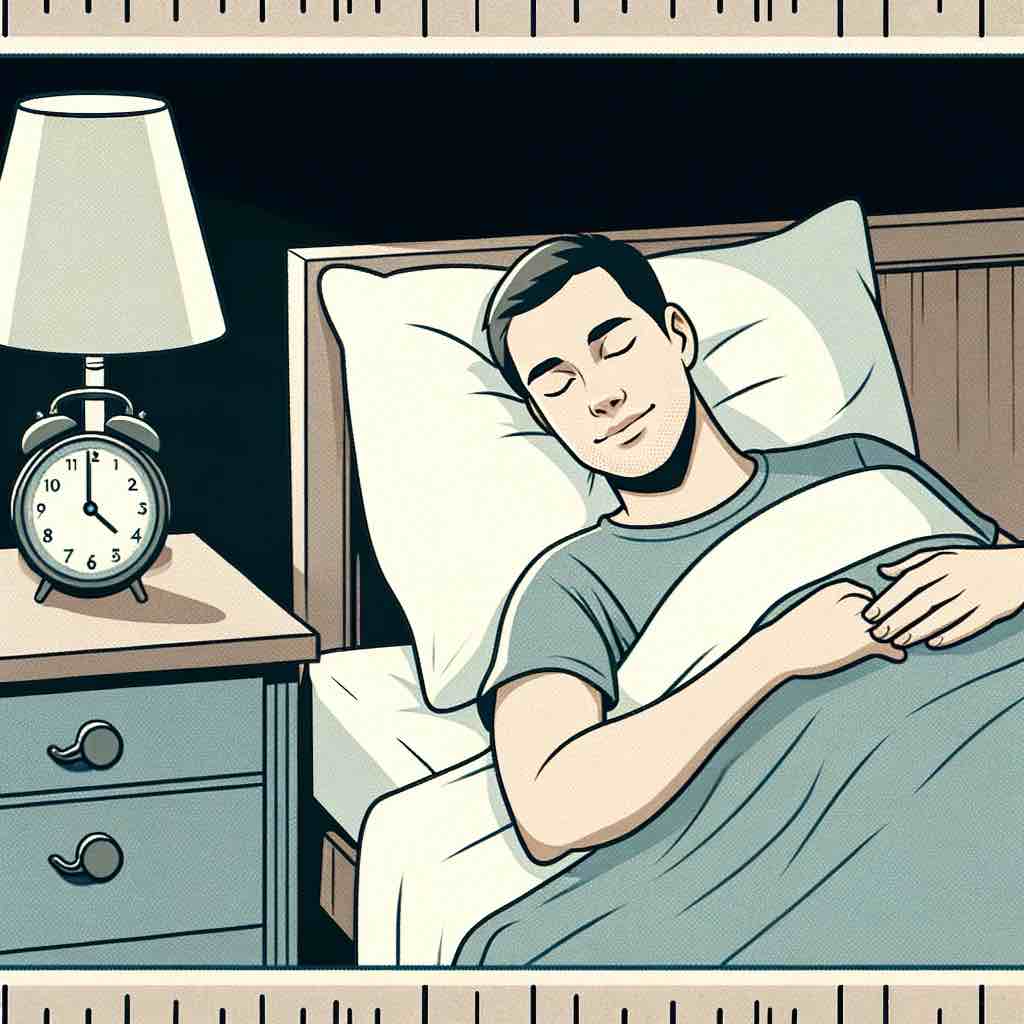Photo by Aziz Acharki on Unsplash
Are you on the verge of a breakdown? Overwhelmed and stressed? Been there. I’ve wandered through the labyrinth of stress but found actionable ways to manage it. Stress is something we all deal with. I feel like I’m drowning and can’t come up with solutions to any problem – trapped with no way out. Once I was buying groceries at the supermarket, and then my head spun and my vision blurred. I was about to faint and fall to the ground. I had no control over my body. I was petrified. The mere thought of me lying on the floor, crouching and embracing my knees, terrified me. And it deepened my anxiety. Today, I’ll share a few actions that helped me turn things around – and how they can help you, too.
Today’s Focus of Attention is reader-supported. We sometimes include products we think are useful for our readers. If you buy through links on this page, we may earn a small commission.
Uncover What’s Stressing You Out

The first step in managing stress is figuring out what is causing it. Take notes on the situations that make you anxious, recognise patterns, and discover the root causes. For instance, if you’re connecting late to meetings or missing deadlines, you often find yourself racing against the clock. And that triggers anxiety.
Unfinished tasks are typically what cause stress. There are other causes, of course, but pending assignments are the most common. Use tools such as Google Calendar, Todoist, Trello, or Microsoft Outlook to organise your schedule better. Most times, the solution is in your hands.
Make Self-Care a Non-Negotiable
Practice activities that rejuvenate your mind and body. It could be a bubble bath, a walk in the park, reading a book, or meditating. It’s a cliche, but it works if you focus on it.
I love reading, for instance. A few months ago, I opted for audiobooks so that I can read and listen at the same time. I simply open YouTube, or any other app, find the audio for the book I’m reading, and play it. That’s all.

Sweat your Stress Away

Trick your body into creating its own solutions to the problem. Physical activities, including jogging, lifting weights, or cardio, release natural stress relievers called endorphins. Even a 10-minute walk makes a significant difference in your anxiety levels.
When I go to the gym but can’t stay long, I work out for 30 minutes. It’s not necessary to train for an hour or more. Provided that you remain consistent. If your fitness centre is far from you, just take a lap around the neighbourhood. While walking, you will find solutions to any of your issues. It clears your mind.
Nourish Your Brain: The Stress-Reducing Diet
What you eat affects how you feel. I used to consume tonnes of sugar and bread, and it made me happy in the beginning. But after a while, it was doing more harm than good. I decided to go for stress-relieving foods. Fruits, vegetables, and lean protein became my staple diet for improving my overall health and peace of mind. Ten days after starting, I noticed an improvement in my mood and stress levels.
Of course, I coupled my dietary programme with physical exercise. That’s the best mix. For breakfast, I pick fruit and a couple of eggs. Then, at 10 am, almonds and fruit again. For lunch, rice or sauce-free pasta accompanied by vegetables and boiled chicken or fish. Now and then, I have a steak. For dinner, crackers and cheese.
I know it’s not the optimal regime. If you want a better one, go to a dietician and get your tailored meal plan.

Sleep and its Healing Power

I cannot emphasise enough the importance of rest. I was sleeping less than six hours a day; that was a disaster. Lack of sleep exacerbates stress. It is crucial to prioritise resting because if you don’t, you can’t perform well in anything. It’s a matter of logic, innit?
Aim for 7-8 hours of quality sleep at night. You can set an alarm half an hour before bedtime to wrap things up and force yourself to go to bed. Say goodnight to TV and let your eyelids rest. If you cannot fall asleep, use the ancient technique of counting sheep. It’s handy.
Live in the Present
Future thoughts cause stress. The past is gone, and what lies ahead is not here yet, so concentrate on the now. Focus your energy on doing one thing at a time. Do not picture the outcome, but every little action you take to reach that point.
If you face a daunting task, such as a long business report, divide it into baby steps. So, whenever you accomplish a small goal, you will be pleased and motivated to keep going. Like in a video game.

The Power of ‘No’ – Draw a Line

Say ‘no’ to things that interfere with what you must do.
If you’re having a deadline for your work, do not distract yourself with unnecessary chores that might hinder your concentration. Priorities, mate. Focus on what matters at that moment. Do not check your emails, messages, or phone calls. Stop worrying about your meeting in two days.
Social Support: The Unsung Heroes
Never underestimate the power of a therapeutic community. Talk to friends and family about what’s bothering you. Venting can be an enormous relief.
I’ve done it and found solutions from people the least I thought could help. Even a child could offer a simple solution to a big problem. And get medical guidance if you believe you can’t manage your burdens.

The Magic of Timeout

To freshen up, have short breaks. They reduce stress and increase productivity. Step away from your desk, take a walk, talk to people, drink water, and listen to the sounds of your surroundings.
Stay Organised
A chaotic space leads to a cluttered mind. If your workplace, home, or office are tidy, you will enjoy a more calming environment. Isn’t that the purpose? To keep yourself calm?
Do whatever it takes to achieve that, and start with the obvious.

The Caffeine and Alcohol Trap
Some people believe that a cup of coffee, a glass of wine, or a beer are stress relievers. Stay away from them when you’ve got to focus on your duties. They seem like friends, but they are just adding to your anxiety and stress levels. They offer temporary relief, but they exacerbate your problems. Drink water instead.
Laugh More

A study published in “The American Journal of Medicine” found that laughter therapy can help to improve health and reduce the risk of heart disease.
Lighten your mood and watch a funny movie, read jokes, or spend time with people who make you laugh. This is another natural way to lower your emotional pressure.
Stress is an inevitable part of life, but it should not dictate your happiness or well-being. From identifying the root causes of your stress to implementing self-care routines and setting boundaries, you are on the verge of managing stress. These tips helped me, and now I’m happier and more balanced. I don’t have the sensation of falling into an abyss anymore or that a daunting task is going to destroy my life. Remember, minor changes can lead to significant improvements. So, why wait? Take a deep breath, smile, and tackle stress. Your future self will thank you.


